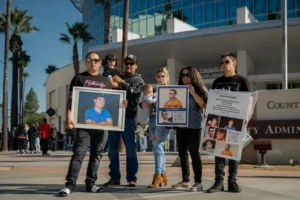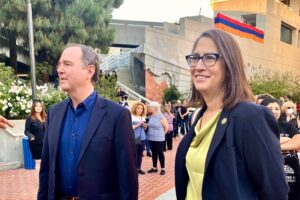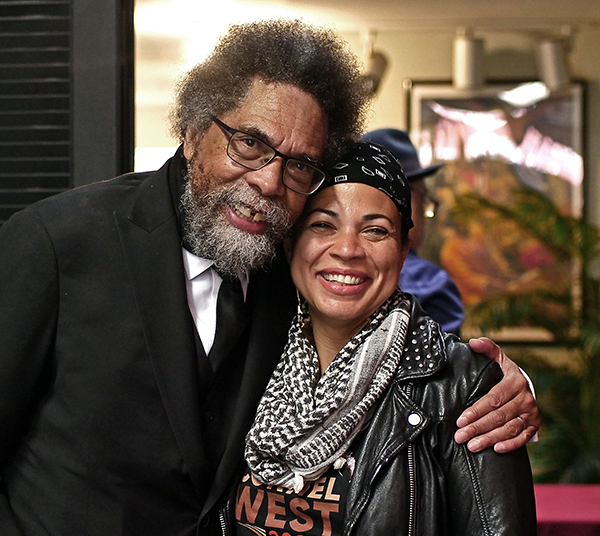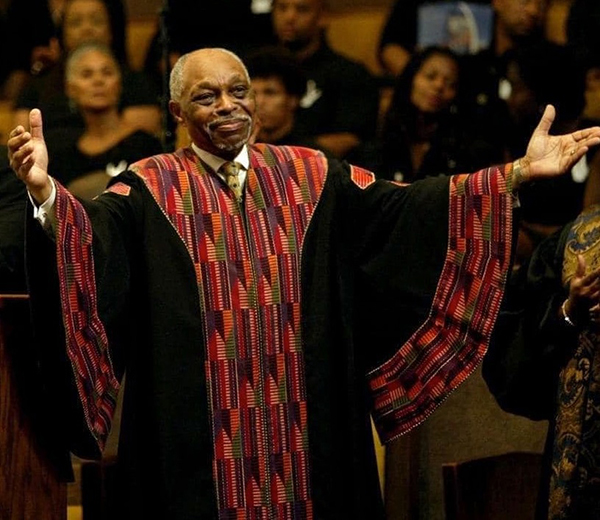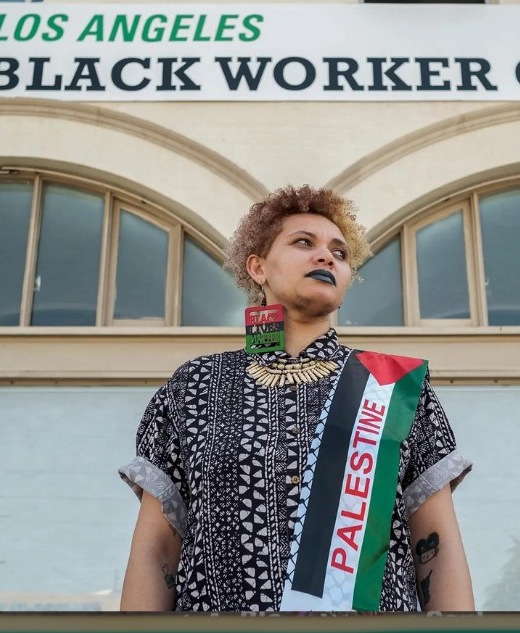By Shirley Hawkins
Contributing Writer
GARDENA — A bill being considered by the state Legislature would create a notification system to address the lack of attention given to Black children and young Black women that are missing in California.
State Sen. Steven Bradford, D-Gardena, has proposed the “Ebony Alert” bill, which would authorize a law enforcement agency to request that an Ebony Alert be activated if that agency determines that it would be an effective tool in the investigation of a missing Black youth or young Black women between the ages of 12–25 years.
“I have studied the data and it is troubling and alarming,” Bradford said, noting that every year, thousands of African American women and children go missing and many are never found again.
According to the Black and Missing Foundation, 38% of women and children who are reported missing in the U.S. are Black although the U.S. population is only 14% Black. They comprise one of the highest missing groups in the country.
Bradford said he felt that law enforcement agencies are not as motivated to search for missing African Americans as they are for missing white counterparts.
“We need to return missing Black women and children home just like anybody else,” he said. “I recall a young Black boy and girl who were about 5 or 6 years old (who disappeared) in the Antelope Valley and I have not heard anything about them since.”
Statistics indicate that Black children are disproportionately classified as “runaways” in comparison to their white counterparts who are classified as “missing” and, therefore, many Black children do not receive an Amber Alert which takes the urgency off of searching for them.
“When an African American woman or child who is missing is incorrectly listed as a runaway, they basically vanish a second time,” Bradford said. “[Law enforcement] think the issue [of missing Blacks] is not as important and they vanish from the police detectives’ workload. They vanish from the headlines. In many ways, no one even knows they are missing. How can we find someone and bring them home safely when no one is really looking for them?
“Black folks are always at the bottom of the totem pole when it comes to searches. It’s just how society has treated African Americans in this country. We are constantly under resourced.”
Bradford hopes that Senate Bill 673 will make it through the Senate and the Assembly and that the Ebony Alert bill will be passed into law just like the Silver Alert, which notifies the public about elderly seniors who are missing, and the Feather Alert, which was passed to locate missing indigenous people.
“The governor has to sign it,” he said. “It could be on the governor’s desk by summer or by September when the Senate officially ends.”
Asked if he has received any opposition to the bill, Bradford said “No, but we’ve gotten comments on social media asking me why am I such a racist. I responded back that I was not being racist, I was just being concerned.”
Asked what has been the response to the Ebony Alert from the public, Bradford said, “It’s been overwhelming. Folks have called me on the phone and indicated to me that the bill is long overdue and that they really appreciate what we are trying to do.”
Bradford is hoping that once the state Legislature approves the measure that a similar law will be proposed in Congress.
“I hope it sets an example of what needs to be done,” he said. “It’s needed. We are excited about the prospects of it moving forward.”
The Ebony Alert legislation is being sponsored by the NAACP California Hawaii State Conference.
“Black women and girls are at increased risk of harm and make up a disproportionate percentage of all missing people,” said Rick Callender, NAACP California Hawaii State Conference president. “The NAACP California Hawaii State Conference considers missing Black women and girls an epidemic and necessary for its own safety alert.
“SB 673 will create the Ebony Alert, providing law enforcement with additional tools and resources to help locate missing Black youth and adults through cooperation with the community and the CHP.”
Shirley Hawkins is a freelance reporter for Wave Newspapers. She can be reached at metropressnews@gmail.com.




